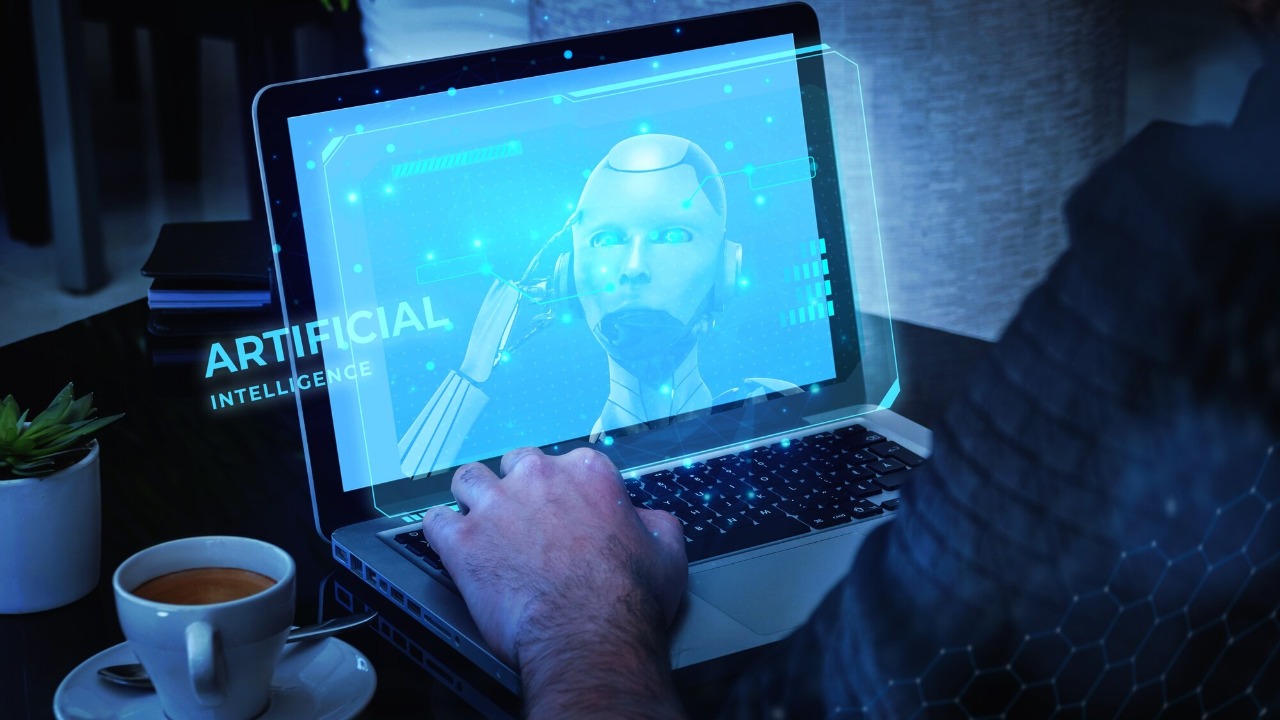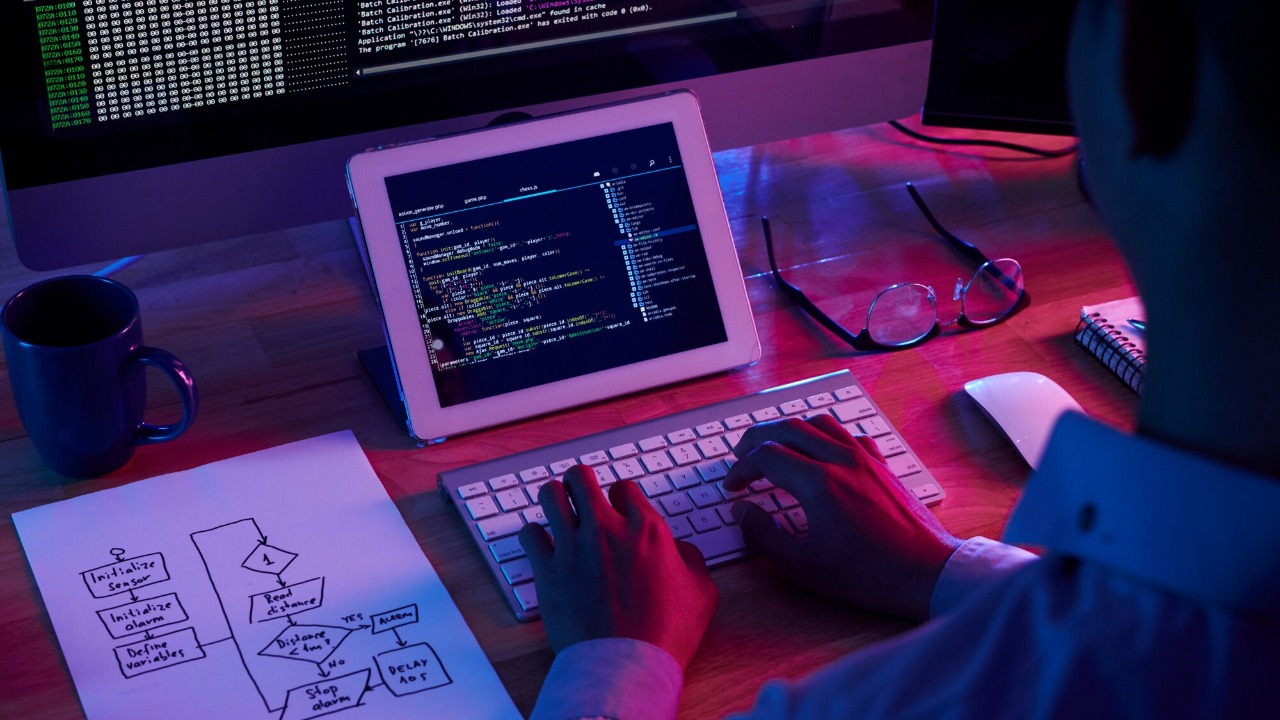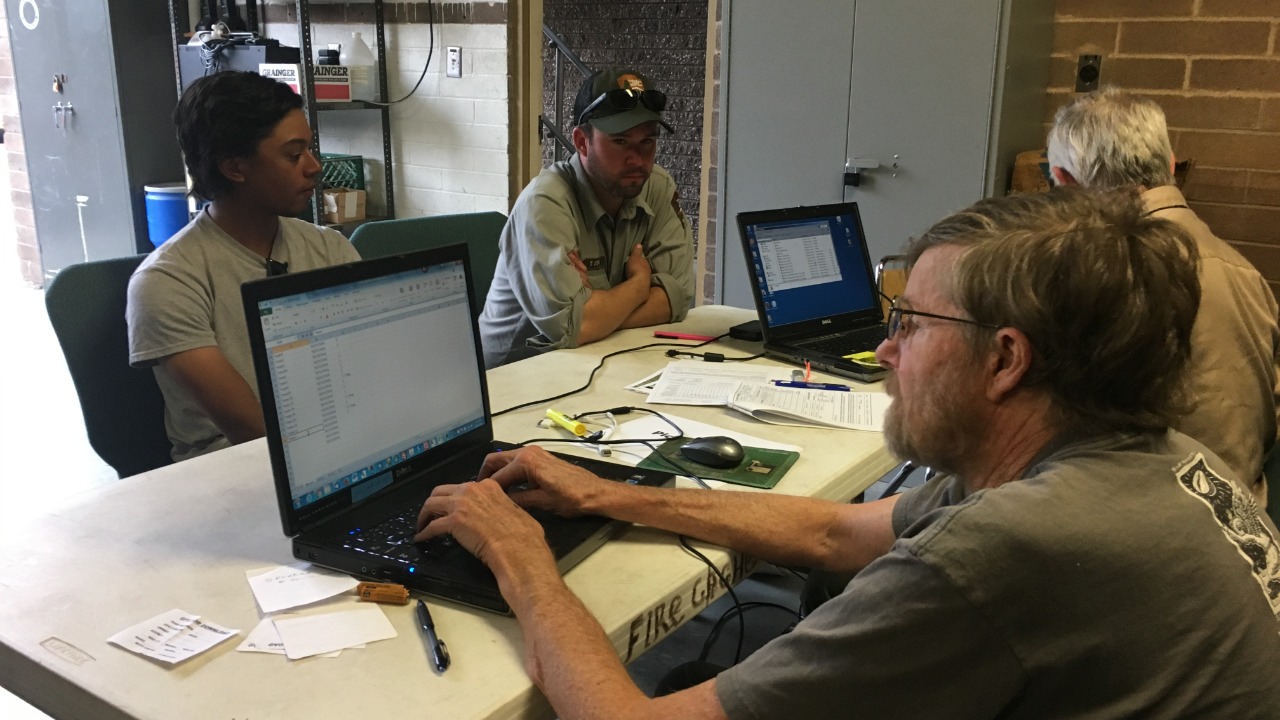
As artificial intelligence (AI) continues to evolve at an unprecedented pace, experts suggest that its impact could soon surpass that of the Industrial Revolution. This transformation holds profound implications for society, the economy, and the future of work, warranting a careful examination of how AI might reshape our world in the coming years.
The Historical Impact of the Industrial Revolution

The Industrial Revolution, which began in the late 18th century, marked a seismic shift in the way society functioned. It transformed agrarian economies into industrial powerhouses, leading to urbanization, increased productivity, and improved standards of living. The advent of steam power, mechanized textiles, and the development of iron-making techniques were just a few of the advancements that redefined how goods were produced and consumed.
When comparing the technological advancements of the Industrial Revolution to today’s innovations, one can see parallels in scale and impact. The mechanization of labor-intensive tasks during the Industrial Revolution paved the way for unprecedented economic growth, much like how AI is now poised to revolutionize industries by automating complex processes and enhancing decision-making capabilities. The lessons from past industrial transformations highlight the need for adaptability and resilience in the face of rapid technological change.
The Rise of Artificial Intelligence

Since its inception, AI has achieved remarkable milestones, from IBM’s Deep Blue defeating chess champion Garry Kasparov in 1997 to the more recent triumph of Google’s AlphaGo over Go champion Lee Sedol in 2016. These breakthroughs underscore AI’s potential to master complex tasks traditionally thought to require human intelligence. Today, AI applications span various industries, including healthcare, where machine learning algorithms aid in diagnosing diseases, and finance, where AI optimizes trading strategies and risk assessments.
The economic impact of AI is profound, with the potential to drive significant growth and innovation. According to a study, AI could contribute up to $15.7 trillion to the global economy by 2030. As businesses increasingly adopt AI technologies, they can unlock efficiencies, enhance customer experiences, and develop new products and services. This economic potential positions AI as a pivotal force in shaping the future of industries worldwide.
AI’s Potential Impact on the Workforce

The integration of AI into the workforce is reshaping traditional job roles and creating new opportunities for AI-augmented positions. Automation of routine tasks allows employees to focus on more strategic and creative endeavors, potentially leading to increased job satisfaction and productivity. However, this shift also necessitates a concerted effort to reskill and upskill the workforce to meet the demands of an AI-driven landscape.
Education systems and government policies play critical roles in preparing individuals for the challenges and opportunities presented by AI. By investing in STEM education and fostering lifelong learning, societies can equip their citizens with the skills needed to thrive in an AI-augmented world. Policymakers must also consider the ethical implications of AI deployment, ensuring that the benefits of technological advancements are equitably distributed across all segments of society.
Ethical and Societal Considerations

As AI technologies become more pervasive, addressing ethical and societal concerns is paramount. Issues such as data privacy and security must be carefully navigated to protect individuals’ rights and foster trust in AI systems. Moreover, developers and companies must balance the pursuit of innovation with ethical considerations, ensuring that AI systems are transparent, accountable, and free from bias.
The implications of AI on social inequality and access to technology cannot be overlooked. As AI becomes more integrated into daily life, disparities in access to advanced technologies may exacerbate existing inequalities. Ensuring that AI benefits are accessible to all requires proactive measures, including inclusive policy frameworks and initiatives that bridge the digital divide.
Envisioning the Future with AI

Looking ahead, the future of AI is both promising and complex. By 2027, we might witness AI systems capable of reasoning and problem-solving in ways akin to human intelligence. Such advancements could revolutionize industries, enhance decision-making, and open new frontiers in scientific research. However, these developments also raise questions about the role of human intelligence in an AI-dominated world.
Strategies for harnessing AI’s potential while mitigating risks are crucial. Collaboration between governments, industry leaders, and academia can foster a balanced approach to AI development, ensuring that technological progress aligns with societal values and needs. As we navigate this transformative era, embracing the opportunities AI presents while remaining vigilant to its challenges will be essential for shaping a future that benefits all of humanity.
Exploring these scenarios, it’s essential to consider the insights of experts like Gary Marcus, who highlight the challenges and potential of AI development. His analysis of AI scenarios by 2027 provides a window into the possibilities and pitfalls of AI advancements, emphasizing the need for thoughtful strategies in navigating this complex landscape.